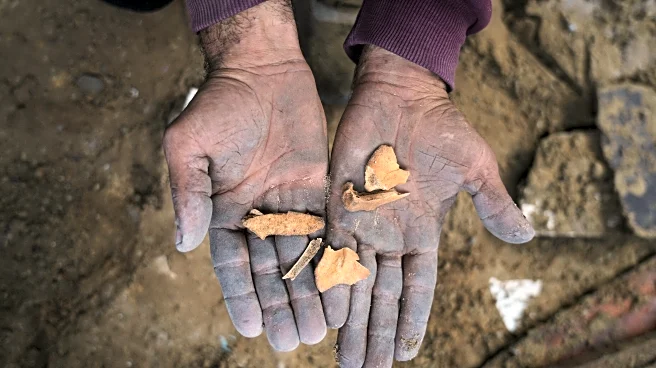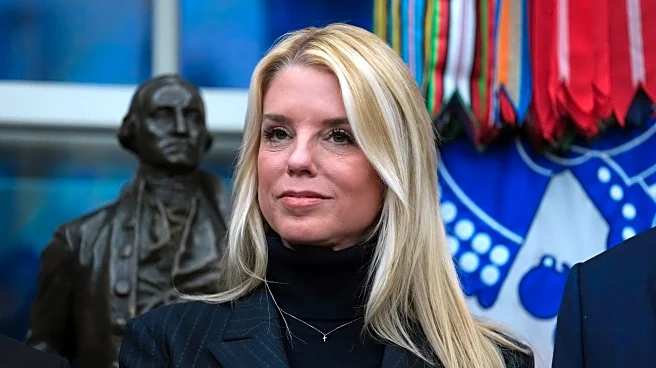Rapid Read • 9 min read
The Sabah State Government is focusing on the agricultural sector as a key driver of economic growth and food security. Chief Minister Datuk Seri Panglima Hajiji Noor emphasized the sector's contribution of RM12.2 billion to Sabah's GDP, making it the third largest economic contributor. Efforts are being made to strengthen the sector through strategic and inclusive approaches, including the re-establishment of the Sabah Paddy and Rice Board to boost local paddy production. The state aims to increase rice self-sufficiency levels to 30% by 2026 and 60% by 2030. Modern technology adoption, such as IoT and smart farming, is encouraged to enhance production efficiency and attract younger generations. Additionally, a high-impact investment in the Blue Economy sector involves developing a tuna and deep-sea seafood landing port in Kota Kinabalu, expected to generate significant economic value.
AD
The emphasis on agriculture in Sabah is crucial for both economic growth and national food security. By prioritizing this sector, the government aims to ensure a resilient economy and address food supply challenges. The strategic investment in the Blue Economy sector could position Sabah as a major player in the deep-sea fishing industry, potentially generating substantial economic returns. The adoption of modern agricultural technologies is expected to increase productivity and attract younger generations to farming, ensuring the sector's sustainability and competitiveness. These initiatives align with federal priorities under Prime Minister Datuk Seri Panglima Anwar Ibrahim's leadership, highlighting the importance of agriculture in national development.
The Sabah Government plans to continue its efforts to strengthen the agricultural sector through strategic investments and technology adoption. The development of the tuna and deep-sea seafood landing port is expected to proceed, with potential economic benefits for the region. The government will likely focus on achieving the rice self-sufficiency targets set for 2026 and 2030. Stakeholders in the farming, livestock, and fishing communities are encouraged to embrace new technologies and practices to remain competitive. The success of these initiatives will depend on the collaboration between state and federal leaders, as well as the willingness of local communities to adapt to modern agricultural methods.
The focus on agriculture in Sabah reflects broader trends in sustainable development and food security. The integration of modern technology in farming practices could lead to long-term shifts in agricultural productivity and efficiency. The emphasis on local production and self-sufficiency aligns with global movements towards reducing dependency on imports and enhancing food security. The investment in the Blue Economy sector highlights the potential for economic diversification and the importance of sustainable resource management. These developments may also have cultural implications, as traditional farming practices evolve with technological advancements.
AD
More Stories You Might Enjoy












